
What is melanin: The science behind your body's natural UV protection
Have you ever wondered why some people get tan easily? Or why do you get those hard-to-get-rid-of dark spots from sun exposure? The answer concerns an amazing pigment called melanin – your body’s built-in sunscreen. Whether you have hyperpigmentation or want to know your skin's natural defence mechanism, knowing about melanin is essential in keeping your skin healthy and glowing. We’ll discuss the real science behind this awesome pigment that does so much more than just give your skin its unique colour.
What is melanin?
To define melanin simply as a group of natural pigments produced by specialised cells called melanocytes. Picture melanocytes as the little factories in your skin that work day and night to make that protective compound. What is melanin in skin exactly? It’s your body’s natural defence against harmful UV radiation and acts like a protective umbrella over your skin cells.
Melanin production in skin is a complex process called melanogenesis. When UV rays hit your skin, melanocytes kick into gear to make more melanin to protect your skin's DNA from damage. Essentially, it’s like having millions of microscopic shield generators attached to each of our cells, constantly monitoring, searching for, and eliminating environmental threats as soon as they appear.
Melanin is interesting: it comes in two forms, eumelanin (brown/black pigment) and pheomelanin (red/pink pigment), that together create the many different shades of human skin that we see around us.
Understanding melanin and its role in skin
When we talk about melanin skin interactions, it's important to understand that this pigment doesn't just affect your appearance – it's a crucial part of your skin's health defence system. Melanin production in skin occurs in the bottom layer of your epidermis, where melanocytes distribute melanin to surrounding skin cells. However, think of it as a complex delivery system in which each melanocyte is connected to about 40 keratinocytes, and each keratinocyte gets a piece of the protection.
Genetics largely determines how much melanin your skin produces. However, external factors can affect its production. Different factors can affect how much melanin your skin produces: sun exposure, hormones, age, and certain medications. That’s why you might see your skin tone shift throughout your life or even between seasons. To have healthy skin care habits, it’s important to understand what melanin is and how it works in your skin.
Also read: How To Reduce Melanin In Skin
Benefits of melanin in the skin
What is melanin capable of doing for your skin? Let's dive deep into its remarkable benefits:
Natural sun protection
- It acts as a built-in SPF and absorbs up to 99.9% of harmful UV radiation
- The protective barrier that blocks penetration of UV rays further into the deeper skin layers
- It intercepts harmful rays and reduces the risk of sun-induced DNA damage.
- Helps to prevent premature ageing from sun exposure, including fine lines and wrinkles
- Continuously protects against various environmental conditions.
Powerful antioxidants
- It neutralises harmful free radicals that can damage skin cells.
- Prevents oxidative stress by environmental pollutants.
- Prevents cellular damage to overall skin health
- Fights oxidative ageing and helps maintain the skin’s youthful appearance.
- Other antioxidants in your skin work synergistically with this one.
Advanced skin tone regulation
- Your skin colour is created through complex biochemical processes.
- It helps keep your skin evenly tanned by distributing the pigment that controls tanning.
- Puts up better protection through dynamic response to environmental changes.
- Helps to maintain the skin's beauty and diversity.
- Seasonal changes and environmental stressor adaptors
Comprehensive cell protection
- It shields your skin cell DNA from UVA and UVB damage.
- Promoting natural skin repair process by means of melanin intermediates.
- Maintains skin integrity at the cellular level.
- Keeps skin protected against photochemical reactions, which can cause damage.
- Helps ward off environmental aggressors on the skin.
Additional biological benefits
- Helps to heal wounds and repair skin
- It helps regulate skin temperature and absorbs sun.
- Provides for the rate of the natural moisturising factor of the skin.
- Helps the skin's immune function.
- It helps regulate the synthesis of vitamin D
Melanin is responsible for so many of these things, but it’s important to have it working well and giving it a helping hand with proper skincare. If you have naturally high melanin levels, products like The Pink Foundry’s Dewy Hydrating Hybrid Sunscreen SPF 50+ can increase your skin’s natural protective capabilities and provide the best protection against potential environmental damage.
Melanin overproduction: Understanding hyperpigmentation
While melanin production in skin is essential for protection, sometimes your melanocytes can go into overdrive, leading to hyperpigmentation. Dark spots or patches occur when your skin produces more melanin than is normal. Sun exposure, hormonal changes, inflammation or skin injuries are common triggers. The Pink Foundry Dark Spot & Hyperpigmentation Correcting Power Serum can help if you are suffering from hyperpigmentation. The innovative formula stimulates melanin production and contributes to the skin's even tone.
Also read: The Definitive Guide to Hyperpigmentation: Causes and Treatment
Conclusion
By understanding what melanin is and what it does in your body, you can make better choices about your skincare. This wonderful natural pigment protects, although keeping it working properly with good skincare and sun protection. is important
Whether you’re using your melanin or treating pigmentation, remember that beautiful skin is healthy skin. Provide the extra care and protection your body needs so your body can continue to work with its natural processes to keep that gorgeous glow.
FAQs
Q: Is it a fact that you don't need sunscreen if you have more melanin?
A. Not to mention, melanin doesn’t give everyone natural sun protection, even if they have it. The use of sunscreen every day, even for darker skin tones, shouldn’t be a crime.
Q: Is there a way to naturally increase melanin in your skin?
A. You can’t alter your natural melanin levels much, but controlled sun exposure can help stimulate melanin production. But this isn’t recommended, as UV exposure can cause harm to your skin.
Q: What foods cause your skin to produce more melanin?
A. Good foods for supporting healthy melanin production include foods rich in vitamins A, C, and E and antioxidants. Carrots, sweet potatoes, dark leafy greens, and berries are examples.
Does melanin decrease with age?
A. While it’s true that melanin production usually declines with age, we can see age spots and uneven skin tone as we grow older.
Q: Is stress capable of affecting melanin production?
A. Sure enough, stress can make melanin production via hormonal change and can cause hyperpigmentation or uneven skin tone.







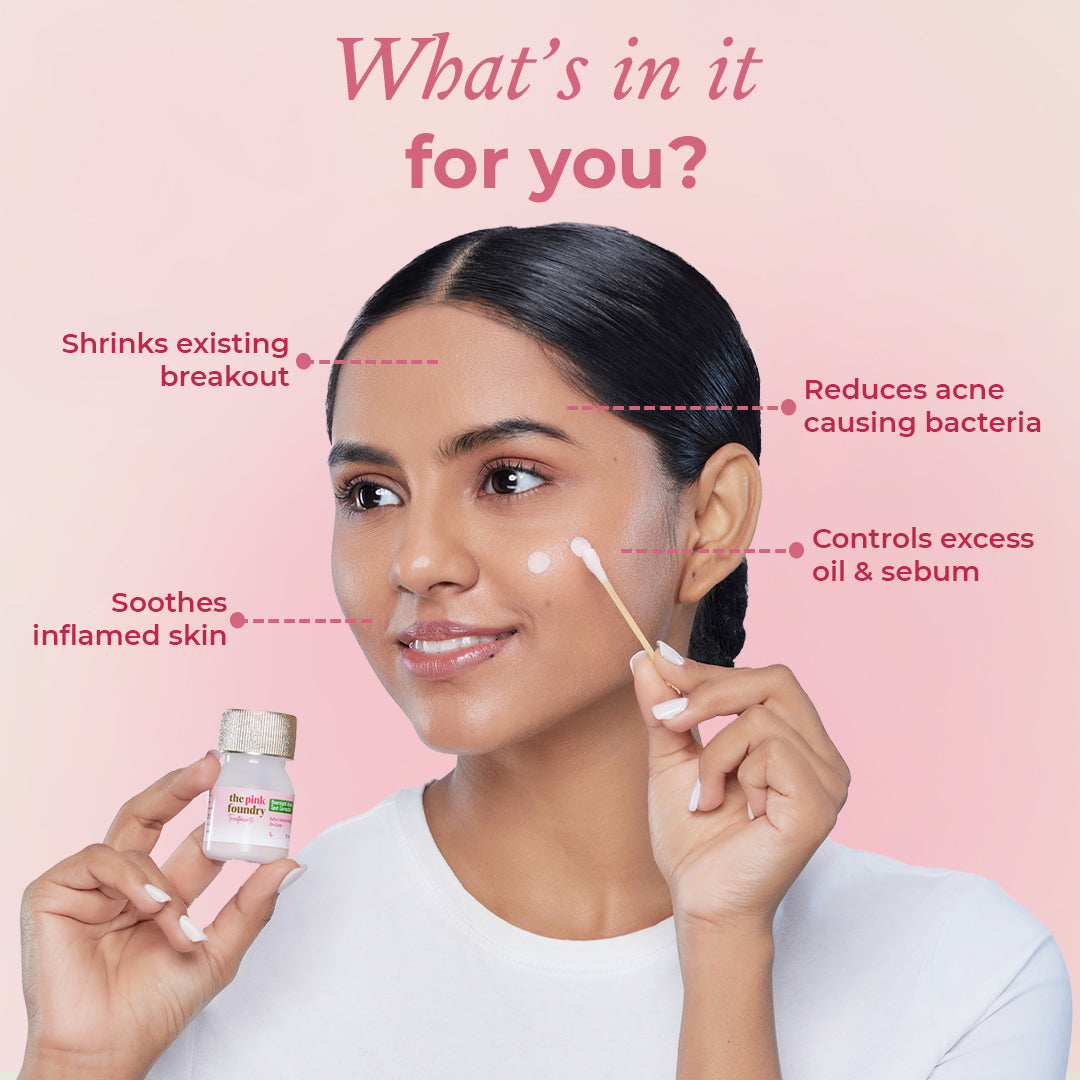
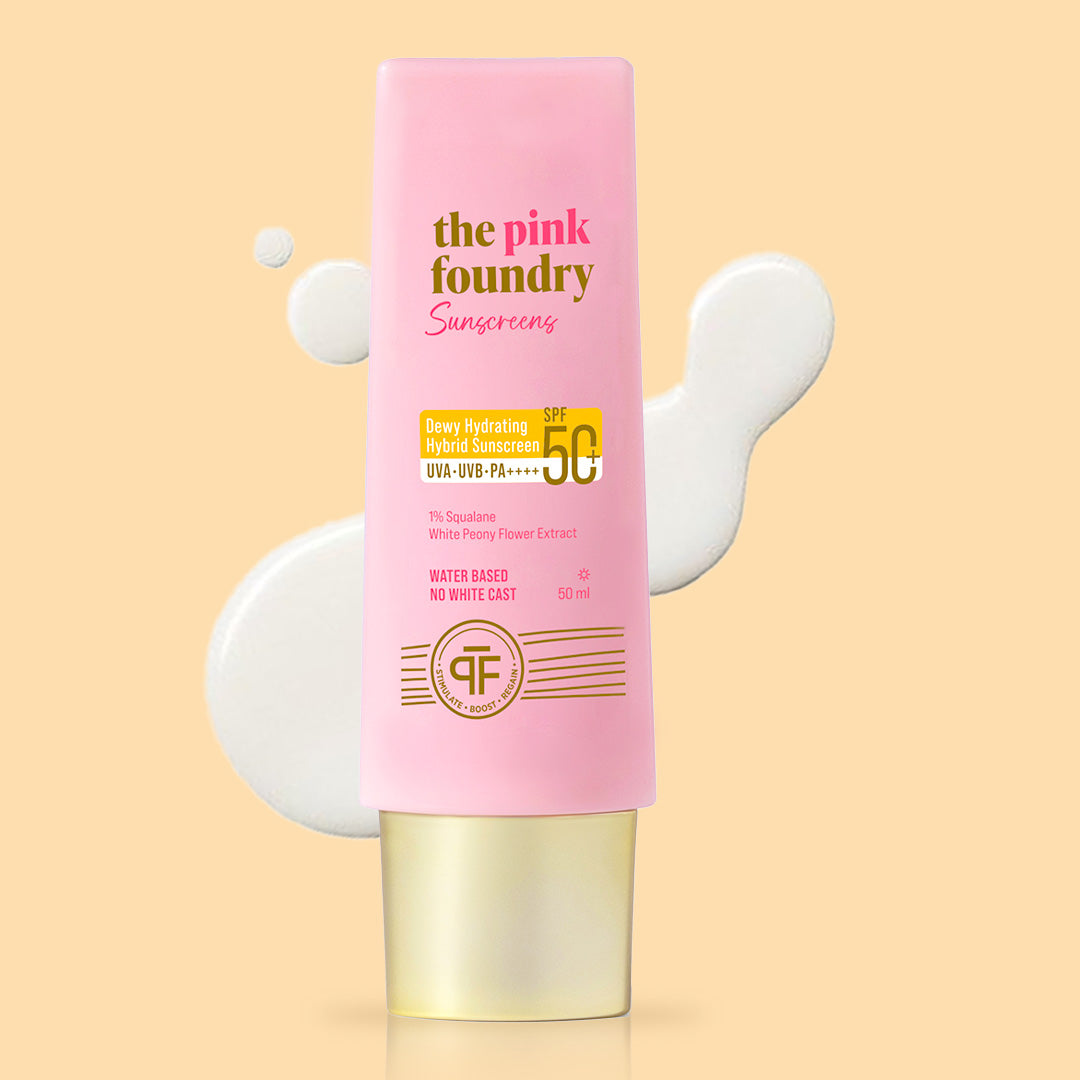
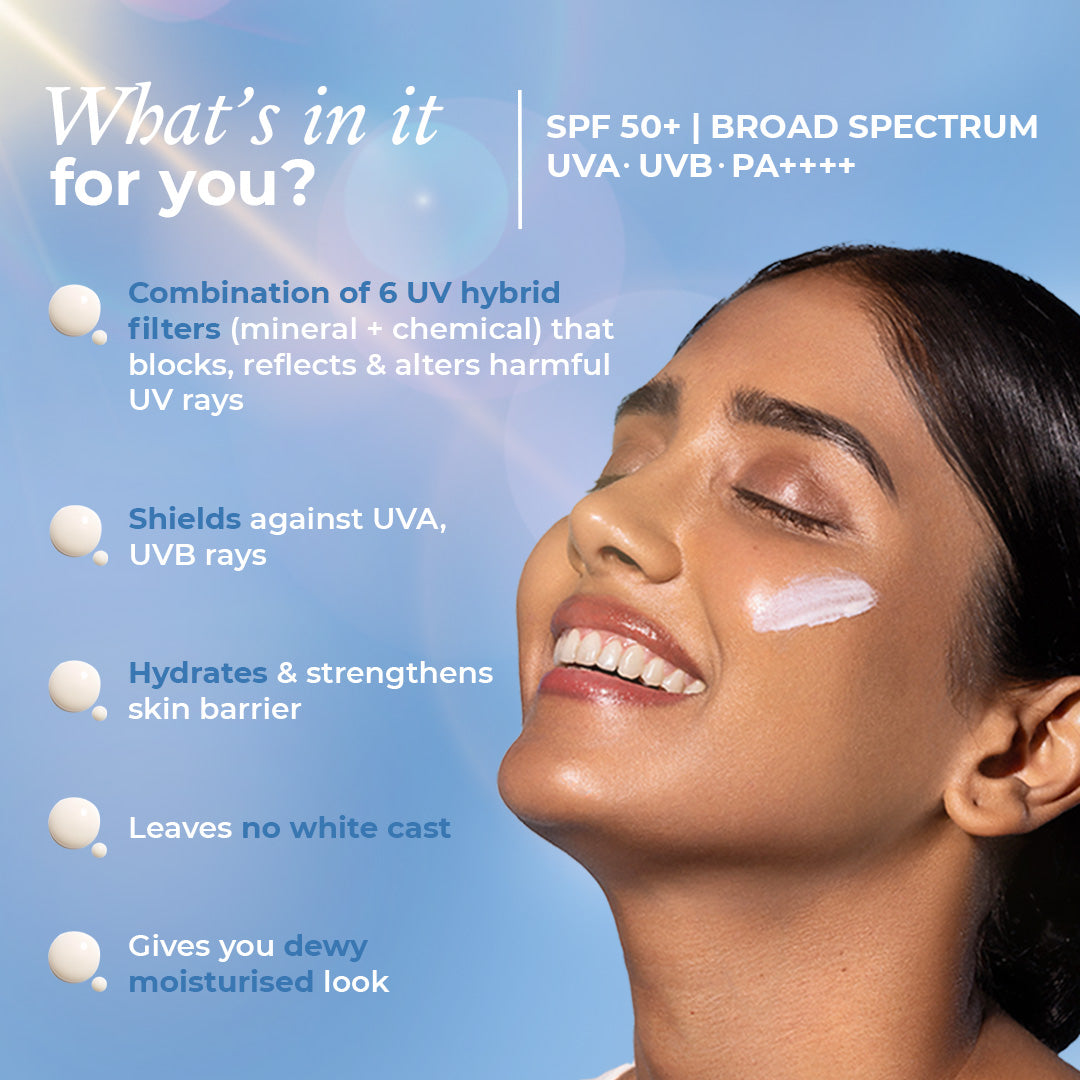


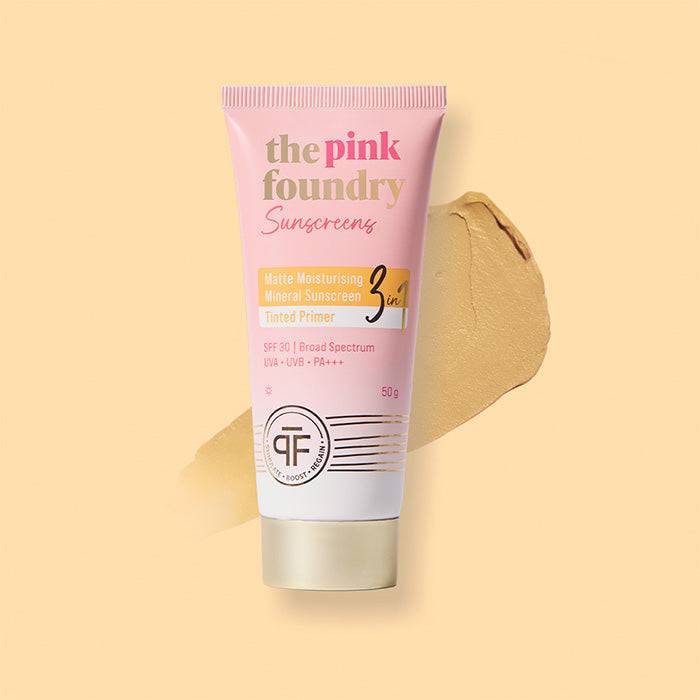
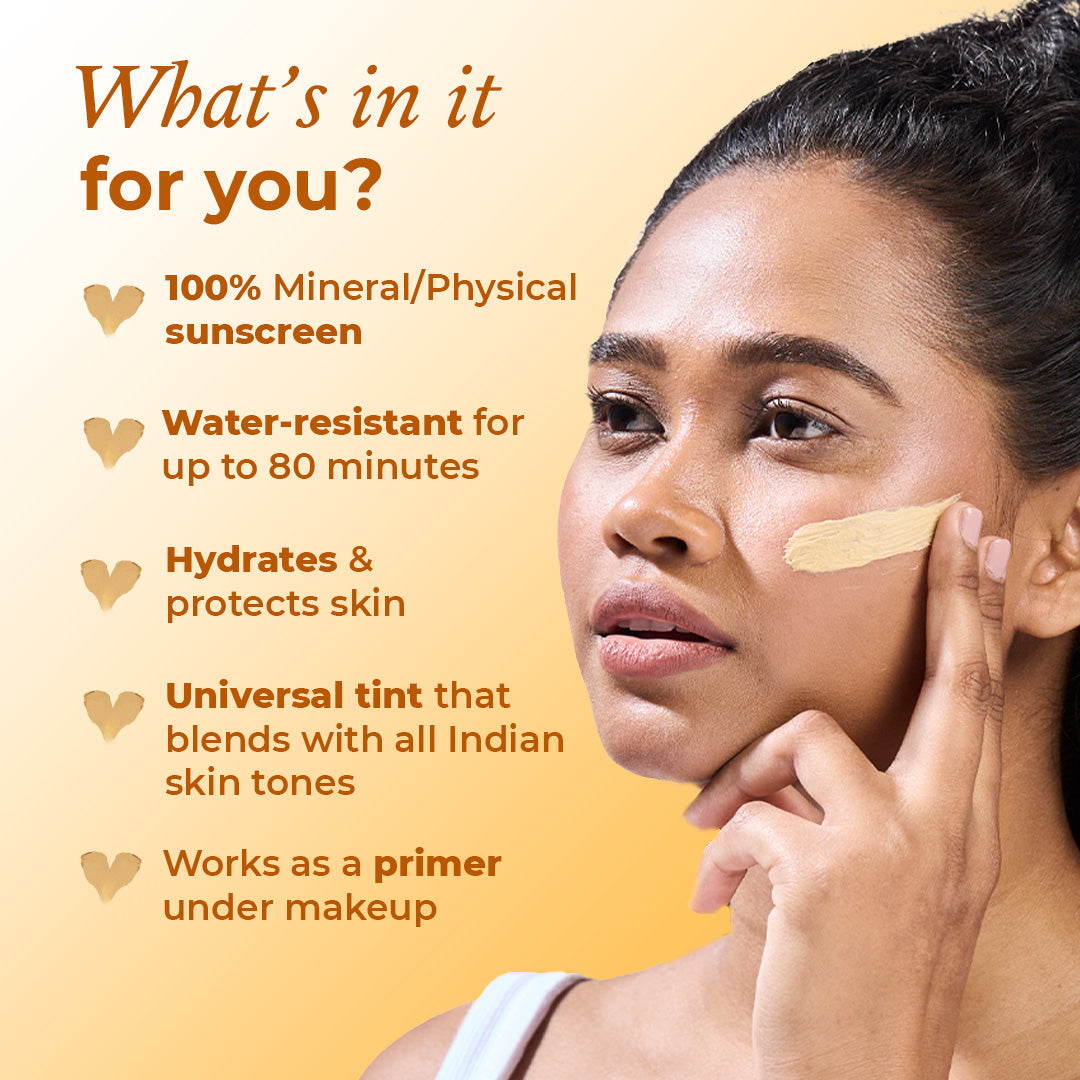



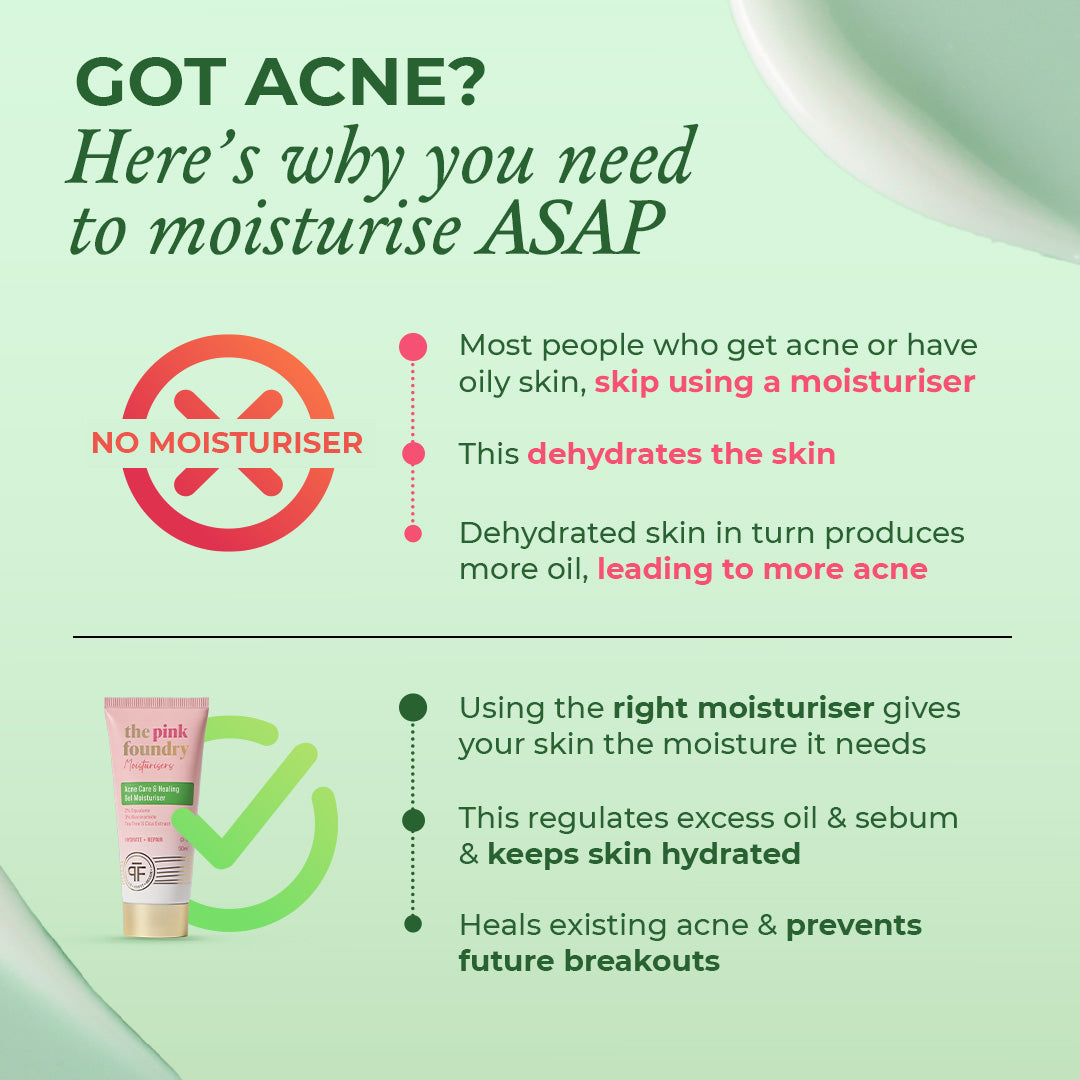
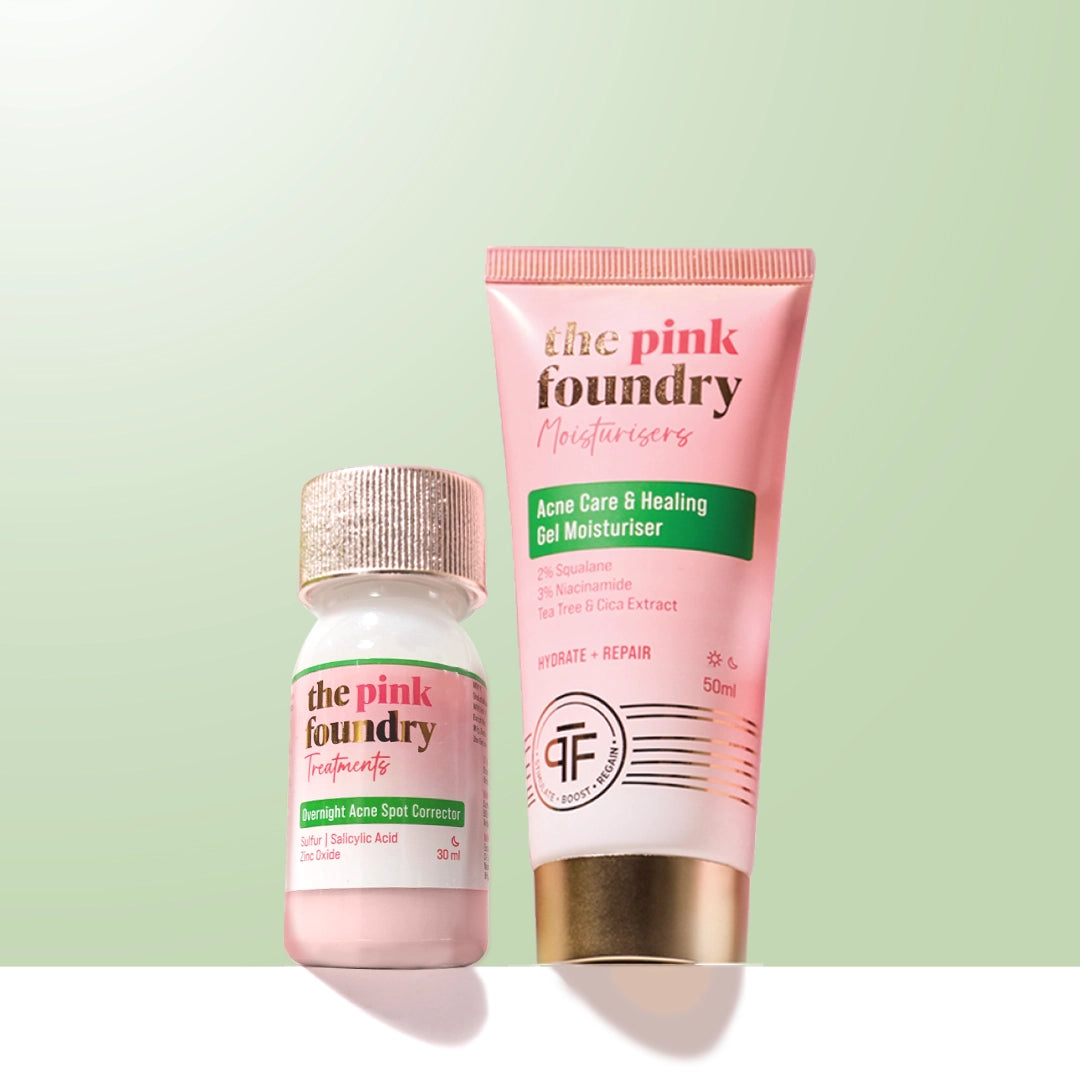
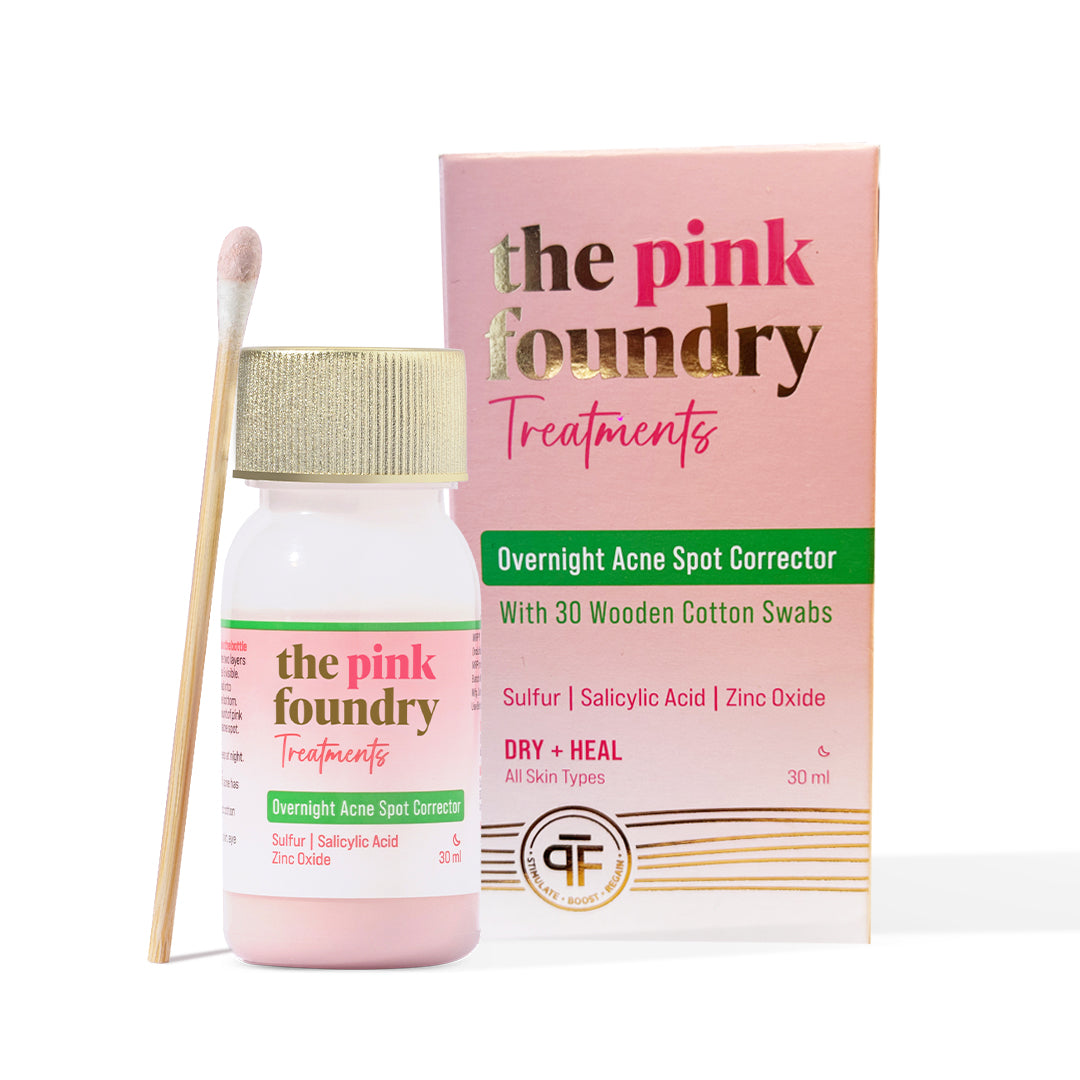
Leave a comment
This site is protected by hCaptcha and the hCaptcha Privacy Policy and Terms of Service apply.